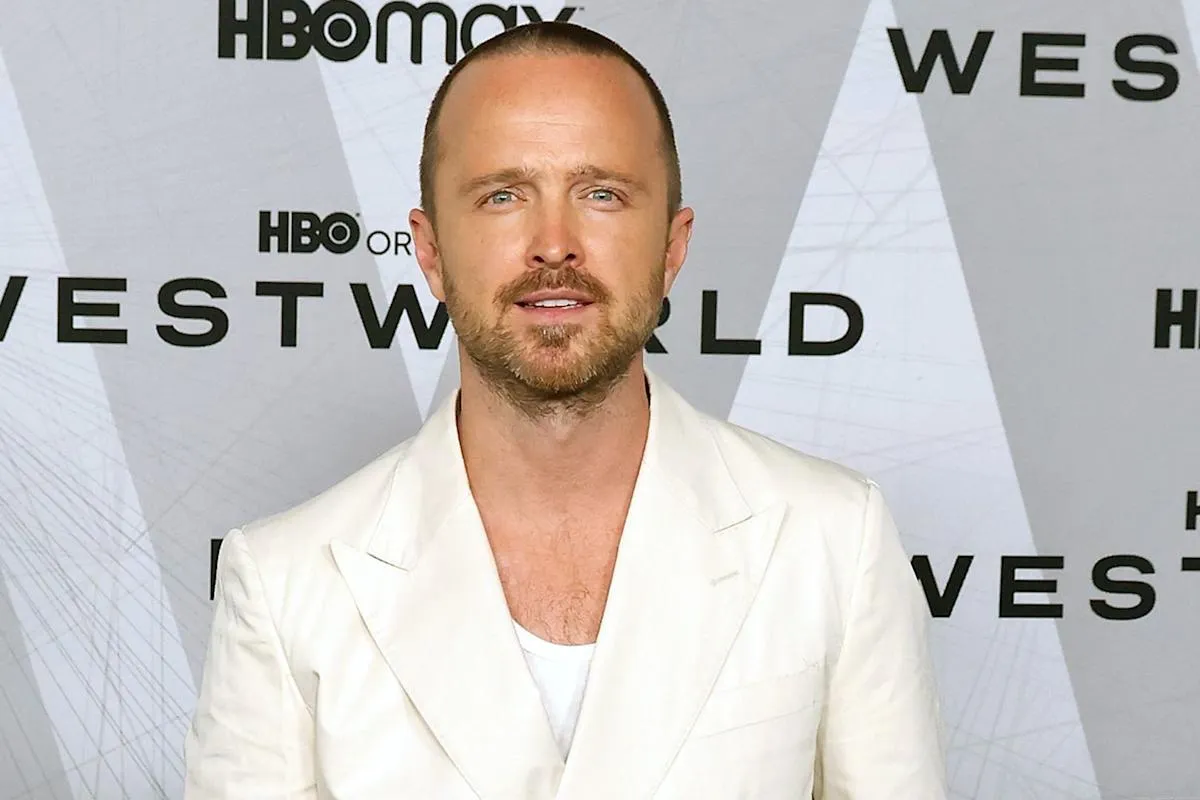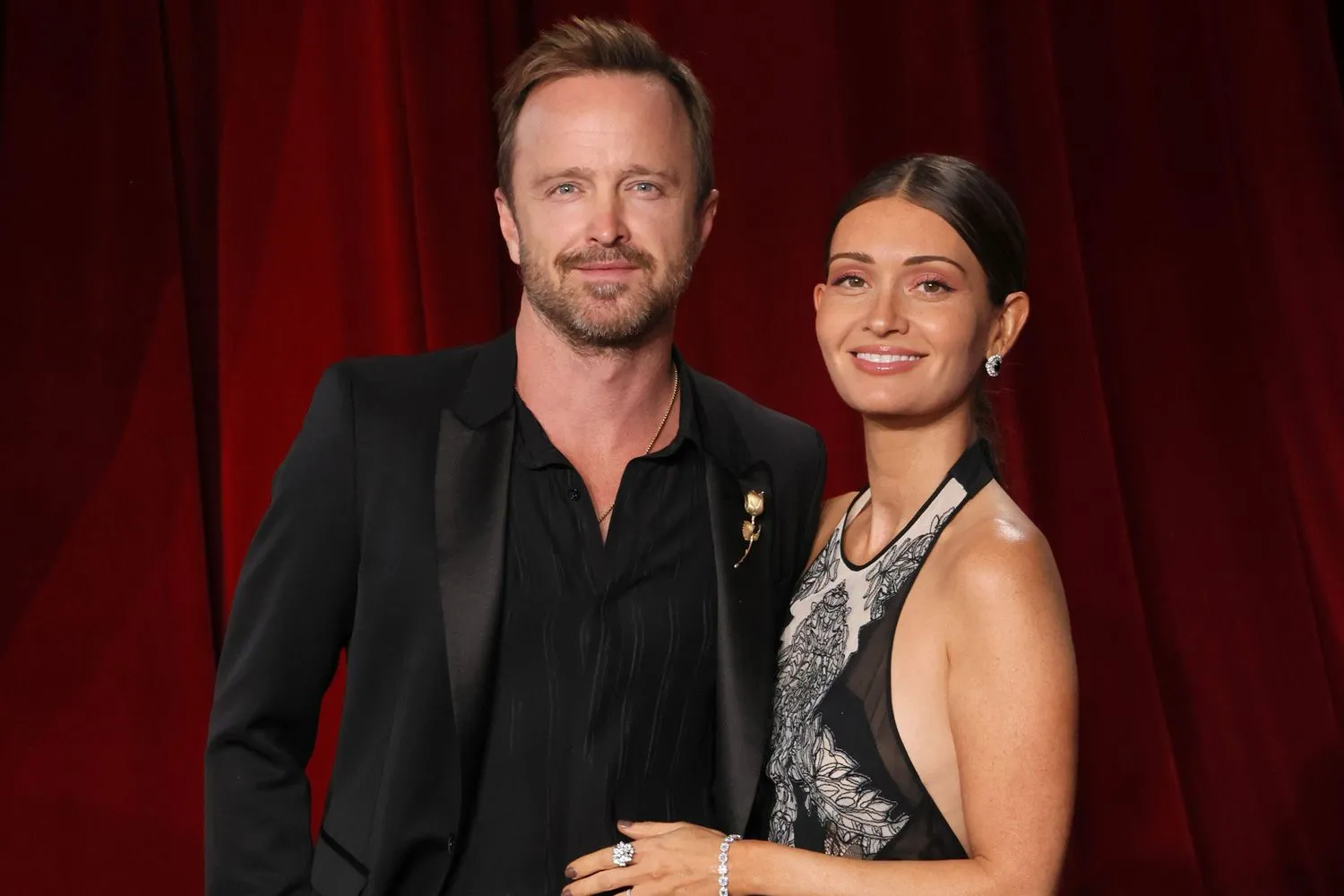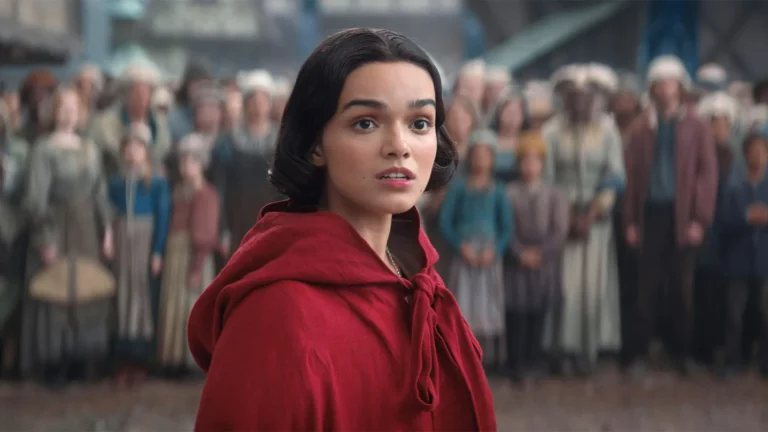In the rapidly evolving landscape of streaming media, conversations about fair compensation for actors have surged to the forefront, spotlighting notable figures like Rachel Zegler and Aaron Paul. Their recent statements have reignited a debate that’s more pertinent now than ever, given the shift towards streaming as a dominant entertainment medium.

Rachel Zegler’s Controversial Stand
Rachel Zegler, cast as Snow White in Disney’s latest adaptation, has faced both harsh criticism and vocal support for her comments on actor compensation in the age of streaming. Her stance, which echoes during a time of significant industrial action by SAG-AFTRA in 2023, underscores a broader movement towards recognizing the contributions of actors beyond the traditional box office revenues.
Zegler argues that actors should be compensated for every hour their work is streamed. This perspective came under intense scrutiny with her portrayal in “Snow White,” which did not resonate well with audiences. However, the critique of her performance should not overshadow the validity of her claims about industry compensation practices.
Aaron Paul and the Echoes of Uncompensated Success
Aaron Paul, famed for his role as Jesse Pinkman in “Breaking Bad,” has also publicly championed the cause for streaming residuals. Despite the enduring popularity of “Breaking Bad” on platforms like Netflix, Paul revealed a startling discrepancy in compensation, noting that he has not received residuals for the streaming of the show. His candid revelations to Entertainment Tonight Canada highlight a systemic issue within the streaming industry, where massive viewership does not necessarily translate to equitable actor compensation.

Industry and Fan Reactions
The reactions to Zegler and Paul’s statements have varied widely. While some fans argue that Zegler’s perceived failure in “Snow White” means she shouldn’t earn much from streaming, others defend the principle that compensation should be tied to the consumption of the content, not its critical reception. This division underscores a complex landscape where fan expectations, industry norms, and actor contributions are in a state of flux.
Critics and fans alike have commented on the situation, with some pointing out the oddity of critiquing the method of compensation that has long been standard in other forms of media. Tweets from viewers range from supportive to scornful, highlighting a divisive atmosphere around the topic of fair compensation in streaming.
The Broader Implications for Hollywood
The debate over streaming compensation not only affects actors like Zegler and Paul but also speaks to larger questions about how revenues are shared across the industry. This includes considerations for the crews and other stakeholders who contribute to the success of films and series in the streaming era.
As the industry continues to grapple with these issues, the discussions spurred by figures like Zegler and Paul will likely play a crucial role in shaping future policies and practices. The outcome of these debates will not only determine the financial recognition for actors but could also set precedents for how contributions are valued in the digital age of entertainment.

While the journey towards fair compensation in streaming is fraught with controversy and differing opinions, the advocacy by actors like Rachel Zegler and Aaron Paul brings necessary attention to the evolving dynamics of the entertainment industry. Their voices contribute to a pivotal discussion about fairness, recognition, and the sustainable future of creative professions in an increasingly digital world.
